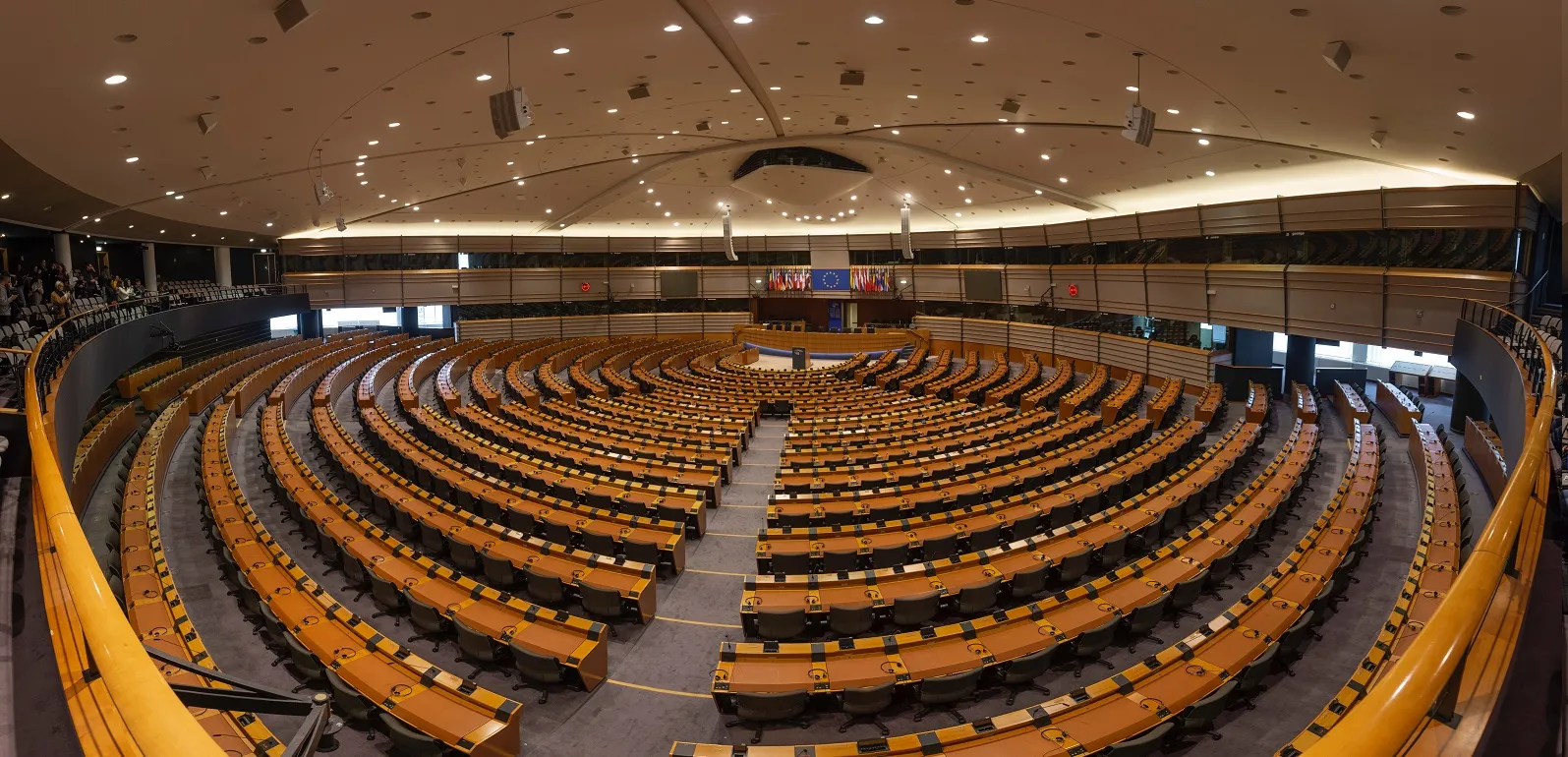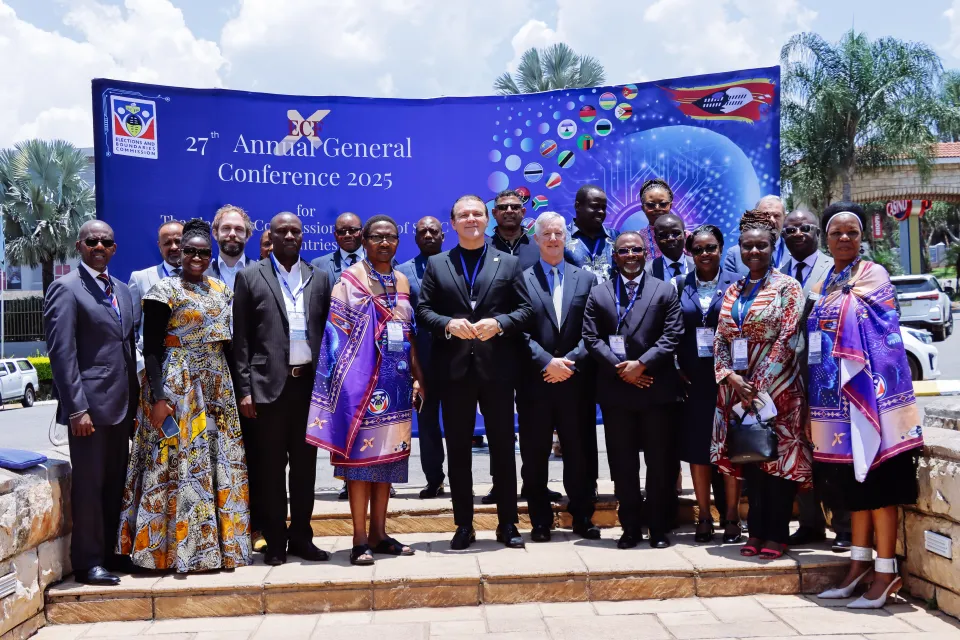Understanding gender equality issues in electoral processes and EMBs

Within the framework of cooperation between International IDEA and the Francophone network for competencies in elections (Réseau des compétences électorales francophone, RECEF), a report was published (in French) on “Equality between women and men within EMBs and in electoral processes: challenges and courses of action for the EMBs of RECEF”.
The purpose of this report is to provide a clear picture on equality issues in electoral processes within La Francophonie, which is an integral part of the RECEF's Women's Forum's action plan for the 2020-2022 period. In order to provide a complete picture of these issues, three main themes are presented in this report: women's political representation, equality in electoral processes and equality within EMBs.
The document is based on the content of the literature, reports and other writings available on the issue of gender equality in electoral processes and EMBs. 103 works dated from 2014 to 2020 were identified. That was completed by information extracted from international electoral databases, including the International IDEA’s Gender Quotas Database.
In addition, RECEF members were invited to answer an online questionnaire on different aspects related to the electoral process and their internal management. The participants were asked to answer about 20 questions on the three main themes of the report. The voices of the 12 members who responded are reflected throughout the report.
Although there were many measures taken to promote gender equality throughout the last years, there is much to be done by the EMBs. The report notes that “EMBs that are more equitable in their internal structure and adopt an egalitarian paradigm in all their actions inevitably lead to more egalitarian electoral processes, ultimately to parity in political representation. While EMBs are not solely responsible for these outcomes, and have no direct control over historical and cultural factors, they remain an important part of the equation for achieving democracies where women are included on an equal basis with men.”
This report will inform the EMBs about the best practices on gender mainstreaming on an institutional level and in electoral processes. It identifies issues that RECEF’s Women Forum could address in the coming years.




